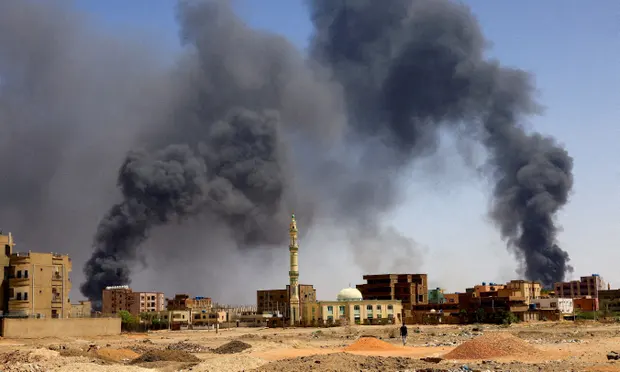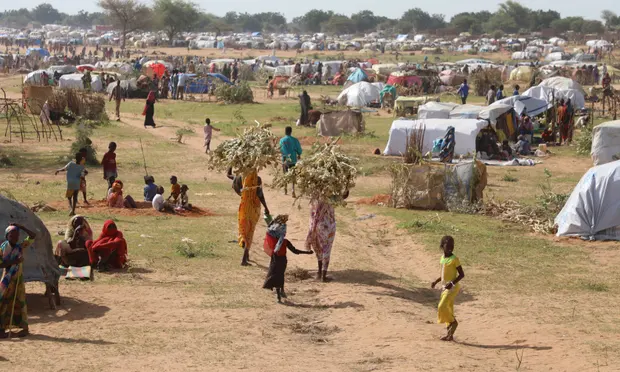Thousands killed, millions displaced – the conflict in Sudan

Sudan’s West Darfur was discovered to contain 87 mass graves last week, prompting the UN’s high commissioner for Human Rights to demand a “thorough and independent investigation” into the matter.
There have been fighting between rival groups in the country since April, which is the latest troubling news to emerge. In the past three months, 3.1 million people have been displaced, thousands have been killed, and even more have been wounded. Entire neighbourhoods have been destroyed. The United Nations has received credible reports of 21 incidents of conflict-related sexual violence against at least 57 women and girls. One incident reportedly involved 20 women being raped at the same time. A former UN humanitarian coordinator described what is happening in Sudan as having “all the signature characteristics of genocide”, including extrajudicial killings, ethnic violence, and widespread hunger. As both sides continued to violate ceasefires, peace talks were suspended last month. Reports indicate that Sudanese army representatives returned to Saudi Arabia over the weekend for peace talks, indicating that they are open to diplomatic solutions for ending the conflict.
While humanitarian organisations, NGOs, and foreign governments watch in dismay, both the army and the Rapid Support Force (RSF) continue to engage in bloody battles. As violence threatens to spiral into civil war and plunge the region into crisis, neighbouring countries are asking how order can be restored.
We examine the state of play in Sudan three months into the conflict in today’s newsletter. It’s right after the headlines.

A power struggle between two rival military factions sparked the conflict in Sudan in April. RSF, a group of militia followers of Gen Mohamed Hamdan Dagalo known as Hemedti, went head-to-head with the Sudanese army, led by the country’s de facto leader General Abdel Fattah al-Burhan. They helped oust Sudan’s former authoritarian leader Omar Bashir in 2019 to form a tentative power-sharing government with civilian groups. After a military coup involving the Sudanese army and the RSF in 2021, Sudan’s short-lived move toward democracy came to an end.
In the years since, the factions have turned on each other after negotiations to integrate the RSF into the Sudanese army soured – the main question being who would take precedence in their new arrangement. When the two groups began fighting for control in mid-April, the fault line became fatal. The battle continues over 90 days later.
